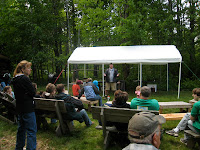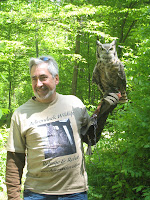Make Your Own Beer Bread
3 cups flour 3 tsp baking powder 1 1/2 tsp. salt 1/2 cup white sugar 1 can of beer (various flavors will alter the taste. The darker the beer, the stronger the taste.) DIRECTIONS Preheat oven to 350. Mix together all the dry ingredients in a large bowl.* Add beer and mix. The batter will be lumpy and sticky. Pour into a 9 x 5 inch greased loaf pan. Bake for 50 for 60 minutes. *For a quick hostess/housewarming gift put all the dry ingredients in a glass jar, close the lid tight, print out the directions and attach with a ribbon. Alterations: Try using a carbonated beverage like a sparkling juice or seltzer



